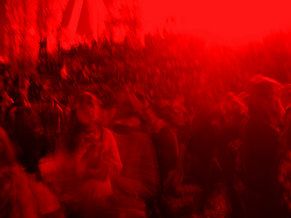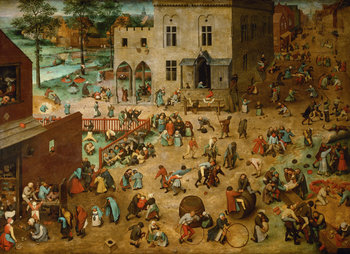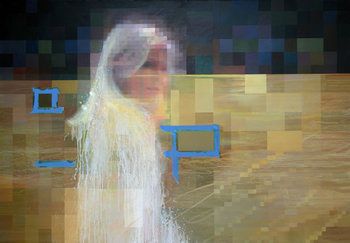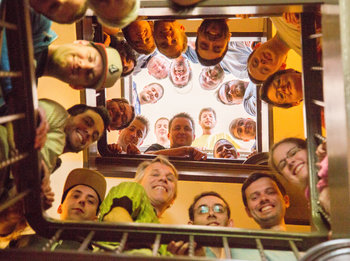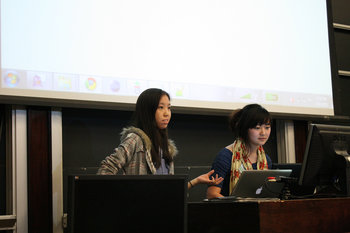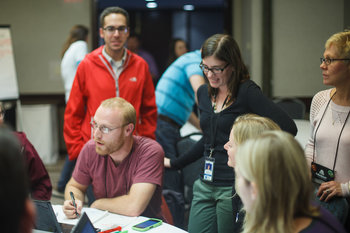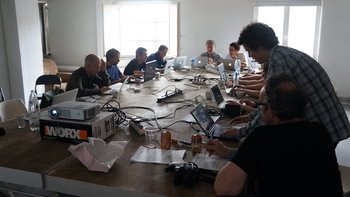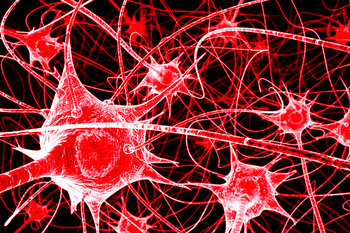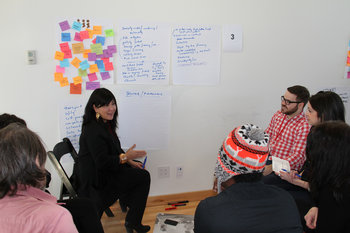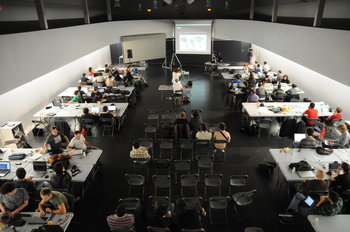|
| |
A system is a complex form of order. This includes things such as organisms, ecosystems, societies, organizations, processes and computer programs that are difficult to model because they include complex interactions between a large number of parts. Although they are too complex to predict with certainty, systems follow a large number of rules such that they are orderly. The opposites of systems include states and things that are simple, predictable, unordered, chaotic, flexible or individual. The following are common antonyms of system.
amenable | artistic | authentic | autonomy | basic | breathing space | capacity | carte blanche | casual | chaos | character | community | creative | culture | custom | disorder | disorganized | distinctive | exclusive | flexible | folksy | free | free flowing | free rein | haphazard | homespun | human | idiosyncratic | imaginative | improvisation | impulsive | inconsistent | independence | indiscipline | individual | informal | ingenious | instinctual | irregular | isolated | latitude | leeway | liberty | liquid | looseness | manual | muddle | naturalness | negotiable | novel | open | organic | original | particular | personal | primitive | range | room to maneuver | sovereignty | special | spontaneity | straightforward | traditional | uncommon | uncomplicated | unconstrained | unconventional | unique | unofficial | unorganized | unorthodox | unrestrained | unscripted | unsophisticated | unstructured | unsystematic | unusual |
Systems Thinking
This is the complete list of articles we have written about systems thinking.
If you enjoyed this page, please consider bookmarking Simplicable.
© 2010-2023 Simplicable. All Rights Reserved. Reproduction of materials found on this site, in any form, without explicit permission is prohibited.
View credits & copyrights or citation information for this page.
|


